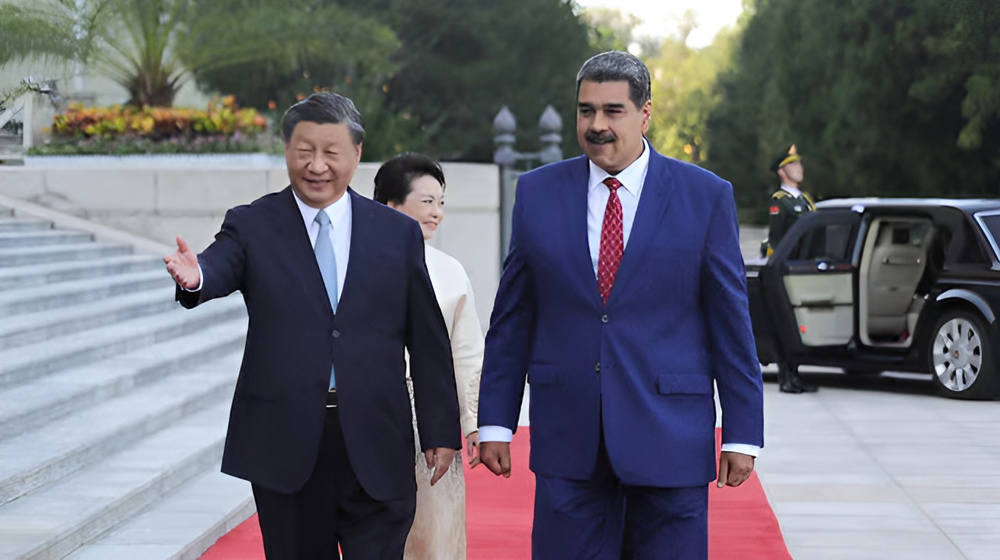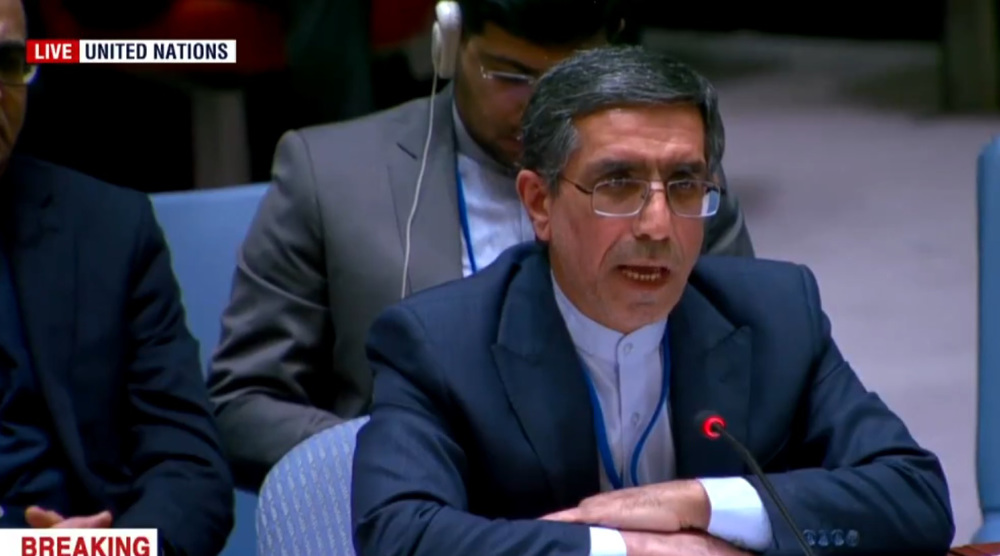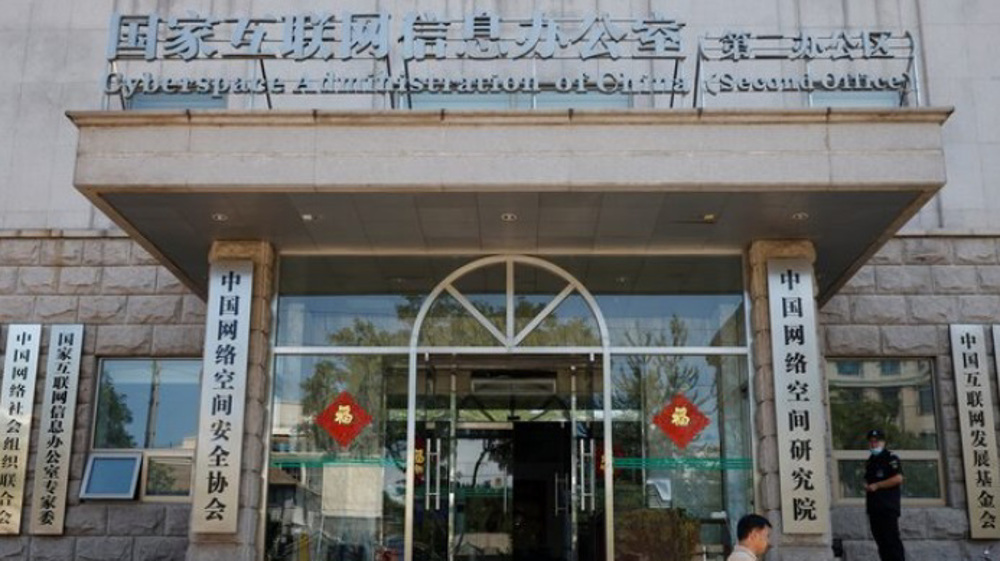US-China tensions to have no winner: Chinese FM
The Chinese foreign minister has warned that the escalating tensions between Beijing and Washington under US President Donald Trump will have no winner.
“There cannot be conflict between China and the United States, as both sides will lose and both sides cannot afford that," Wang Yi told reporters in the Australian capital of Canberra on Tuesday after meeting with Australia's Foreign Minister Julia Bishop.
Elsewhere in his remarks, Wang called on global leaders to reject protectionism, which Trump has backed with his "America First" policies.
"It is important to firmly commit to an open world economy. It is important to steer economic globalization towards greater inclusiveness, [and] broader shared benefit in a more sustainable way,” Wang pointed out.
Based on Trump’s campaign promises, analysts say the new US administration is likely to adopt the economic policy of restraining trade with other countries through methods such as increased tariffs on imported goods and other restrictive quotas and regulations.
"It is important to firmly commit to an open world economy. It is important to steer economic globalization towards greater inclusiveness, broader shared benefit in a more sustainable way,” Wang pointed out.

Tensions have recently been running high between Beijing and Washington over the disputed territories in the South China Sea and Trump’s attempt at what Beijing has described as “impairing” the One China principle. In December, Trump abandoned decades of precedent by taking a phone call from the president of Taiwan, which China has considered as a breakaway province since a government was established there in 1949.
According to the One China policy, countries that seek diplomatic ties with the People's Republic of China (PRC, Mainland China) must sever official relations, if they have any, with the government of Taiwan.
Washington has been observing the One China policy since 1979. Beijing has repeatedly warned that the US risked damaging bilateral ties with China if it dropped the policy.
The White House is also at odds with Beijing since China claims almost all of the strategic and resource-rich South China Sea, which is a major sea trade route. The territory is also claimed in part by Taiwan, Brunei, Vietnam, Malaysia, and the Philippines, which accuse China of expansionist ambitions in the region.
Reaching an agreement on the territorial disputes in the contested sea has proved a bumpy road for the US and China. Chinese officials have said emphatically that matters of sovereignty are “non-negotiable.”
Chinese President Xi Jinping and Trump have only talked to each other once, over the phone, shortly after the latter won the US presidential election in November, but the pair have yet to speak since Trump took office in January.
Earlier on Friday, Chinese Foreign Ministry spokesman, Lu Kang, said that the two leaders continue to remain in “close contact.”
Netanyahu skipped Davos amid arrest fears: Reports
VIDEO | Press TV's news headlines
More Europeans see Trump as 'enemy' than 'friend': Survey
Ukraine war talks begin in UAE as Russia repeats Donbas demand
Iran slams UNHRC session as illegitimate, says no submission to foreign pressure
Six-month-old boy freezes to death in Gaza amid Israel's inhumane blockade
VIDEO | Protestors in South Africa slam US interference in other countries’ affairs
Israel runs smear campaign against Doctors Without Borders: Report










 This makes it easy to access the Press TV website
This makes it easy to access the Press TV website